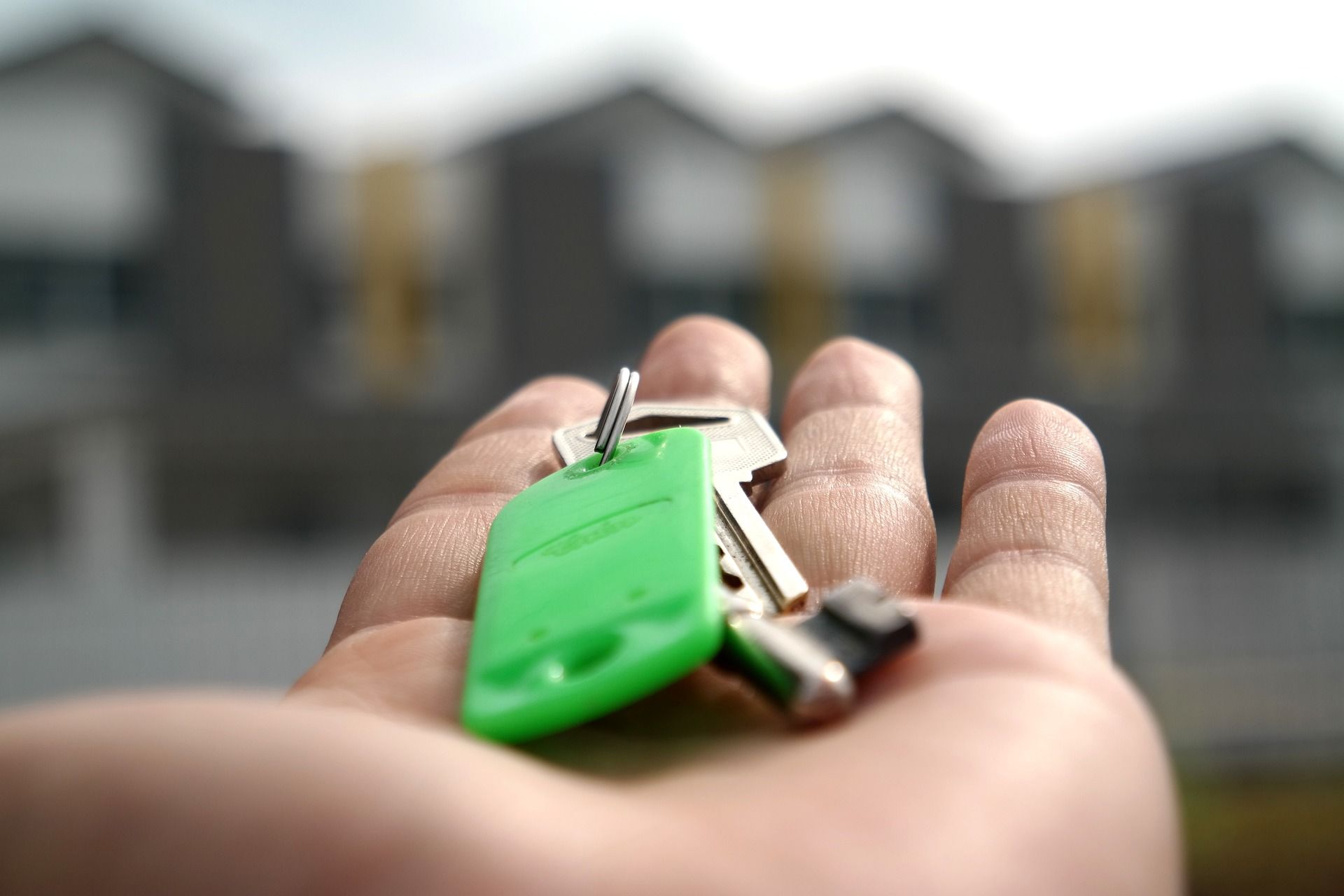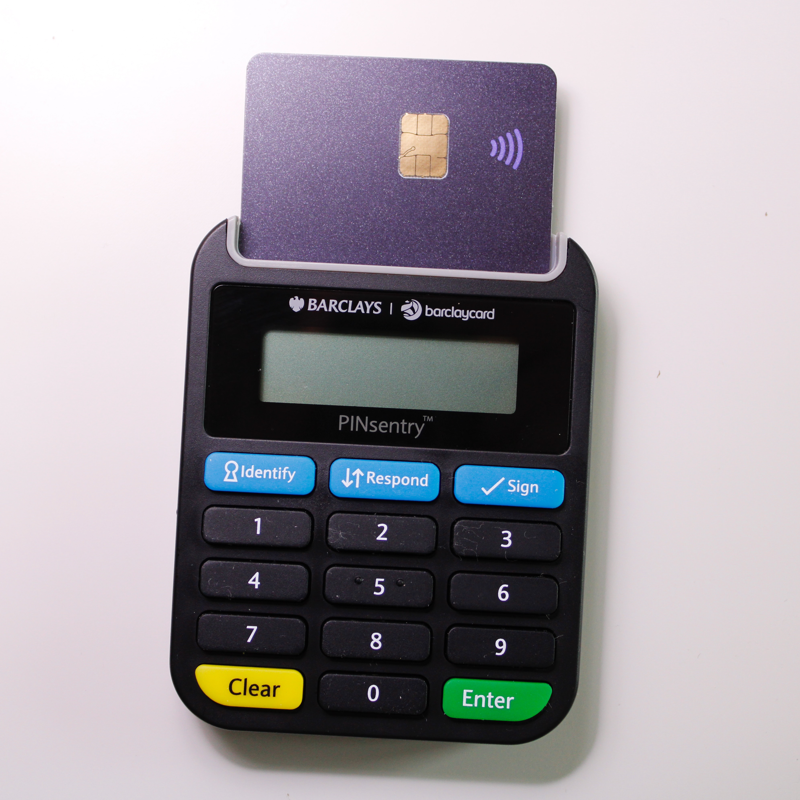How do I get my security deposit back?
The easiest way to get your security deposit back is to foster a good relationship with your landlord while you are living in the apartment or home.
If you get along well with your landlord, misunderstandings don’t have to escalate into major disagreements.
Even if you have a stellar relationship with your landlord, though, it is also a good idea to take photos of the apartment before you move in and after you move out. This will be a great help to you if you need to dispute a landlord’s claims that funds from the security deposit were necessary to repair damage or clean the apartment.
You can also ask the landlord to do an initial inspection before you move out. After the inspection, request an itemized list of anything that the landlord believes you need to fix before you vacate the unit. This will give you a chance to remedy problems, or even dispute the landlord’s claims (if damage was caused by a previous tenant, for example.)
If Problems Arise
If your landlord refuses to give your security deposit back, fails to give the deposit back within the time set by law, or if you dispute charges that your landlord deducted from the deposit, the first step to resolving the issue is to contact the landlord (or his/her agent). You should clearly state the problem and request an immediate refund. Follow this conversation with a letter sent by certified mail, and be sure to keep a copy. You may even want to consider hand-delivering the letter and having the landlord sign and date your copy as proof that they received the letter.
If discussing the issue with your landlord fails to solve the problem, try to compromise. You may end up with less than the full amount of the security deposit, but less is better than nothing, and it could save you a lot of time and energy in the long run.
You can also suggest mediation.. A neutral third-party mediator can help ease tension and bring both sides to an agreement. Some state and local agencies offer mediation services for landlord-tenant issues, so be sure to ask to see if that might be an option.
It’s also a good idea to file a report with those same state and local agencies if you believe that your landlord isn’t following the rules for security deposits. An investigation by those agencies into the dispute could motivate your landlord to respond to your concerns.
Filing a Lawsuit
If all else fails, you may have to file a lawsuit get your security deposit back. A lawsuit over a security deposit will typically go before a small-claims court, which means that you won’t have to hire an attorney. If the amount of your security deposit exceeds the maximum claim amount for small-claims courts in your jurisdiction and you end up hiring an attorney to represent you in civil court, you may be able to recover attorney’s fees if you win your suit.
Filing a lawsuit can result in a recovery greater than the amount of your actual security deposit if the court finds that your landlord has acted in bad faith. In such cases, the award could be two or three times the amount of your security deposit. The downside to filing a lawsuit is that your landlord can file counterclaims for damage to the apartment, violations of the lease, or other claims that could cause you headaches trying to defend.
Security Deposit Problems? Get a Free Attorney Match
Most landlords follow the rules for returning security deposits, but sometimes getting a security deposit back from your landlord can turn into a real hassle. If it does, follow the suggestions above and then seek out the help of a landlord tenant lawyer to guide you through the process.
Even if you have a stellar relationship with your landlord, though, it is also a good idea to take photos of the apartment before you move in and after you move out. This will be a great help to you if you need to dispute a landlord’s claims that funds from the security deposit were necessary to repair damage or clean the apartment.
You can also ask the landlord to do an initial inspection before you move out. After the inspection, request an itemized list of anything that the landlord believes you need to fix before you vacate the unit. This will give you a chance to remedy problems, or even dispute the landlord’s claims (if damage was caused by a previous tenant, for example.)
If Problems Arise
If your landlord refuses to give your security deposit back, fails to give the deposit back within the time set by law, or if you dispute charges that your landlord deducted from the deposit, the first step to resolving the issue is to contact the landlord (or his/her agent). You should clearly state the problem and request an immediate refund. Follow this conversation with a letter sent by certified mail, and be sure to keep a copy. You may even want to consider hand-delivering the letter and having the landlord sign and date your copy as proof that they received the letter.
If discussing the issue with your landlord fails to solve the problem, try to compromise. You may end up with less than the full amount of the security deposit, but less is better than nothing, and it could save you a lot of time and energy in the long run.
You can also suggest mediation.. A neutral third-party mediator can help ease tension and bring both sides to an agreement. Some state and local agencies offer mediation services for landlord-tenant issues, so be sure to ask to see if that might be an option.
It’s also a good idea to file a report with those same state and local agencies if you believe that your landlord isn’t following the rules for security deposits. An investigation by those agencies into the dispute could motivate your landlord to respond to your concerns.
Filing a Lawsuit
If all else fails, you may have to file a lawsuit get your security deposit back. A lawsuit over a security deposit will typically go before a small-claims court, which means that you won’t have to hire an attorney. If the amount of your security deposit exceeds the maximum claim amount for small-claims courts in your jurisdiction and you end up hiring an attorney to represent you in civil court, you may be able to recover attorney’s fees if you win your suit.
Filing a lawsuit can result in a recovery greater than the amount of your actual security deposit if the court finds that your landlord has acted in bad faith. In such cases, the award could be two or three times the amount of your security deposit. The downside to filing a lawsuit is that your landlord can file counterclaims for damage to the apartment, violations of the lease, or other claims that could cause you headaches trying to defend.
Security Deposit Problems? Get a Free Attorney Match
Most landlords follow the rules for returning security deposits, but sometimes getting a security deposit back from your landlord can turn into a real hassle. If it does, follow the suggestions above and then seek out the help of a landlord tenant lawyer to guide you through the process.





